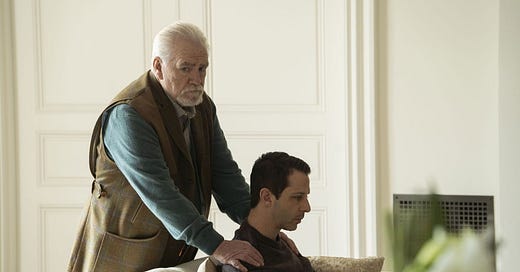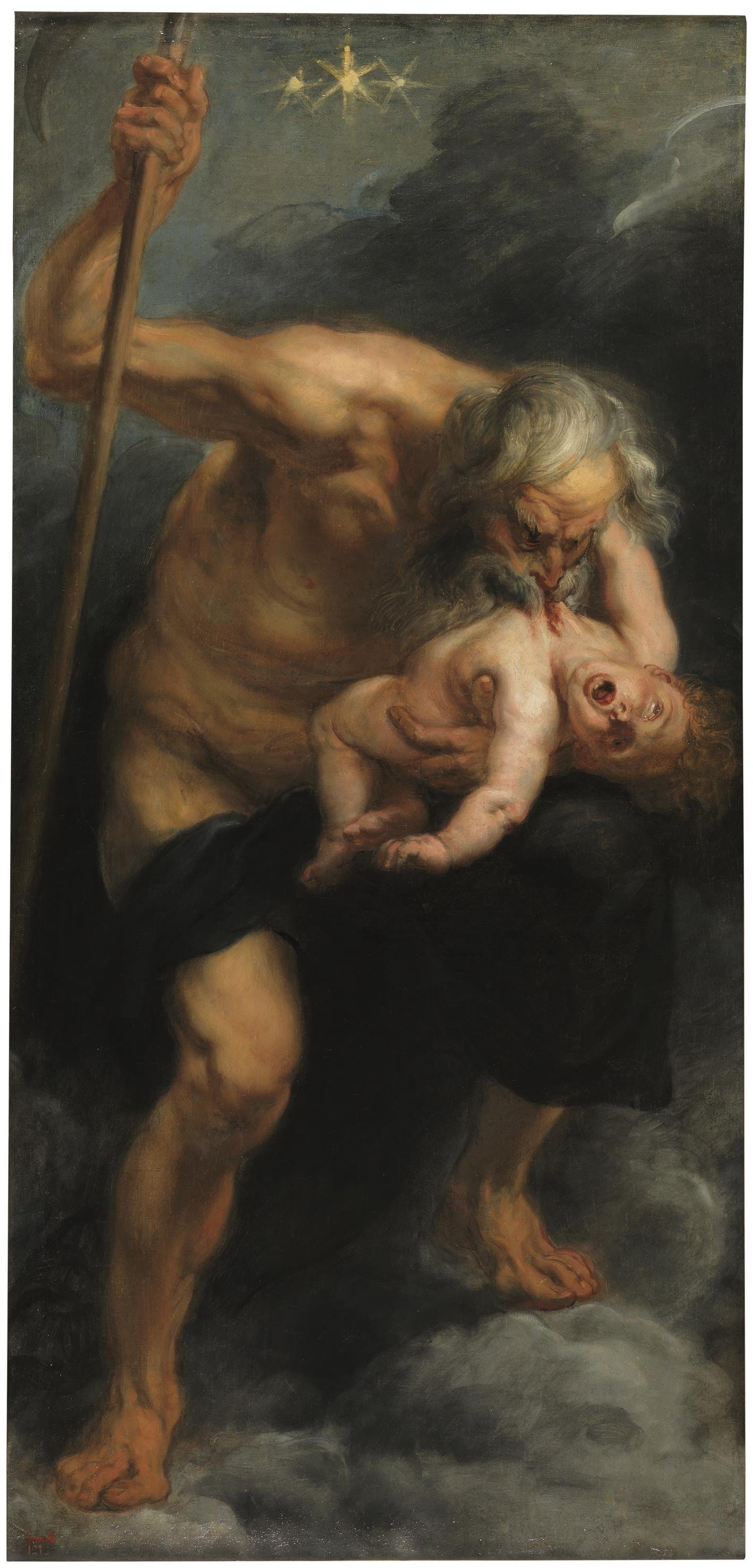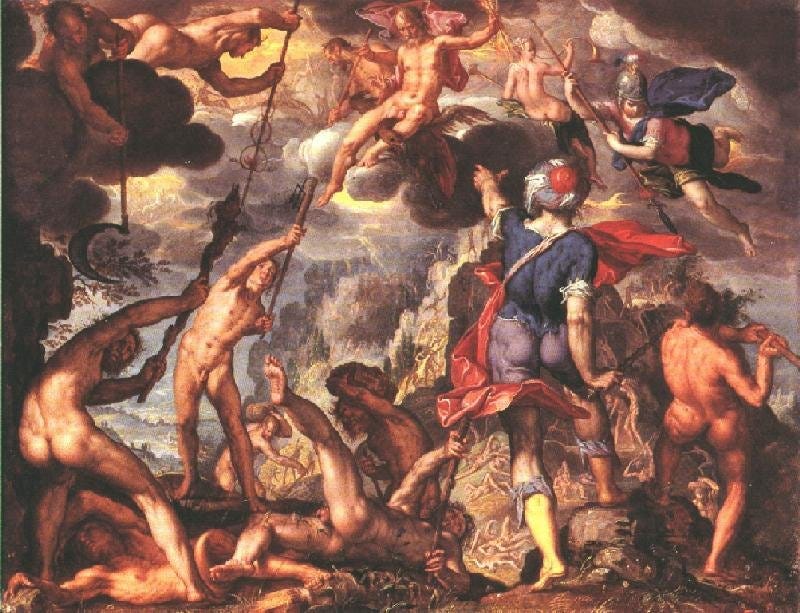Succession: A Study of the Tyrant King
Looking at the HBO show Succession through an archetypal lens
I’ve been so disappointed in made-for-streaming movies and “TV” shows over the past few years that it took a lot of urging and multiple recommendations from friends to finally get around to watching the HBO show Succession.
My wife Debbie and I had tried watching it when it initially came out but gave up after a couple episodes because we couldn’t sympathize with any of the characters. Who wants to watch a show featuring a bunch of spoiled rich assholes treating each other like shit?
But the second time around we persisted and I soon found myself feeling for (and rooting for) Kendall, son of media tycoon Logan Roy and would-be heir to his vast empire. Once the story got rolling, the mythic part of my mind kicked in and I started to see an age-old archetypal drama unfolding that I found uniquely compelling.
Viewed through an archetypal lens, we can see that Logan Roy embodies the aging King — specifically in its shadow aspect of the Tyrant.
The late Jungian psychologist Robert Moore writes in his seminal book on male psychology King, Warrior, Magician, Lover:
“It is the Shadow King as Tyrant in the father who makes war on his sons’ (and his daughters’) joy and strength, their abilities and vitality. He fears their freshness, their newness of being, and the life-force surging through them, and he seeks to kill it. He does this with open verbal assaults and deprecation of their interests, hopes, and talents; or he does it, alternately, by ignoring their accomplishments...”
We see this dynamic play out over the course of the three seasons. Kendall eventually comes to the conclusion that he must “kill” his father in order to save the empire — mirroring the mythological and historical idea that when the King loses his virility and/or goes mad, the kingdom languishes. The solution was to either literally or symbolically kill the King every year in order to revivify the land and its people. “The King is dead! Long live the King!”
A disruption in this natural cycle occurs when there’s a Tyrant King on the throne. The Tyrant is only concerned with maintaining his own power so he will do anything to hold onto it, including destroying his would-be successors. There are many resonances with the myth of Kronos, the leader of the Titans who devoured his children to prevent them from taking over and ushering in a new era.
The question of whether Kendall will overcome his own weaknesses and step into the role that Zeus played in the killing of his father Kronos remains to be seen, but he could surely benefit from a study of Greek myth.
By looking at our life through an archetypal lens, we can identify patterns that have played out again and again since the dawn of time, which helps depersonalize our struggle and inspire fresh ways of meeting life’s challenges.
Post-Jungian Archetypal Psychologist (and spiritual elder of this Substack) James Hillman wrote in The Force of Character:
“The plots that entangle our souls and draw forth our characters are the great myths. That is why we need a sense of myth and knowledge of different myths to gain insight into our epic struggles, our misalliances, and our tragedies. Myths show the imaginative structures inside our messes, and our human characters can locate themselves against the background of the characters of myth.”
“Myths act out in human affairs, dramatizing our struggles and disordering our characters. Once we open the mind to myths, we can read mythology in life and not only in books. As Jung wrote, “The Gods have become diseases.” The patterns of myth and their personified powers present archetypal styles of existence, which we cannot escape or be cured of.”
Interested in exploring an archetypal approach to counselling and coaching?
I currently have some openings for new clients. Book a free consultation or dive into a one-hour depth counselling session or my 6-week archetypal coaching program for men (all male-identified people are welcome).








